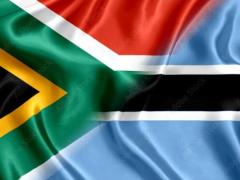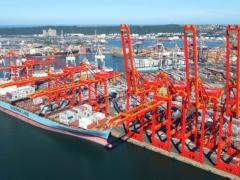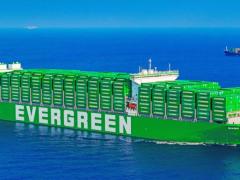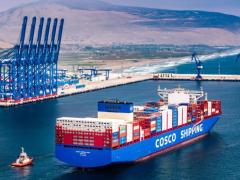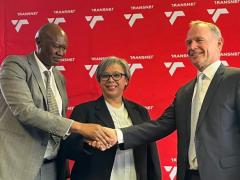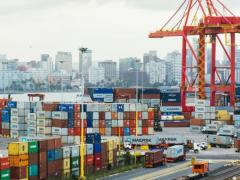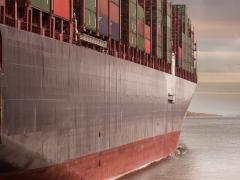In October 2024, South Africa became what is reported to be the first country in the world to allow companies to report sustainability data digitally to international standards. The Companies and Intellectual Property Commission (CIPC) incorporated in its iXBRL (Inline eXtensible Business Reporting Language) taxonomy the March 2024 amendments in the IFRS (International Financial Reporting Standards) Accounting Taxonomy 2024, as published by the International Accounting Standards Board (IASB). The update includes modular entry points for the IFRS Sustainability Disclosure Taxonomy 2024. This enables voluntary early adopters of the International Sustainability Standards Board’s (ISSB) inaugural standards, IFRS S1 and IFRS S2, to digitally tag their sustainability disclosures. Shippers are now faced with the challenge of identifying and documenting logistics-related emissions. The IFRS S2 standards issued by the ISSB require detailed reporting of Scope 3 emissions, which are indirect emissions from all activities such as transport and storage in a company’s value chain that are not included in Scope 1 or Scope 2. Scope 1 emissions are from owned or controlled sources, while Scope 2 deals with indirect emissions from the generation of energy. Logistics providers, and freight forwarders in particular, are now expected to supply detailed emissions data to shippers, who need this information to meet their own reporting obligations. Companies need to evaluate emissions throughout their entire value chain, including all modes of transportation and logistics operations. The reporting needs to cover both present impacts and potential future risks, including regulatory changes and physical climate risks that may affect transportation infrastructure. Shippers are reliant on their freight forwarders to capture their Scope 3 emissions. This has sparked the establishment of service providers who claim to have the systems and technology in place to track emissions throughout the logistics value chain. It has also created a value- adding opportunity for freight forwarders, according to one of the suppliers of the platforms. “With ISSB standards poised to influence the development of regulations in major global markets, there’s a clear opportunity for freight forwarders to offer shippers the data they need to meet inevitable emissions reporting requirements.” Exporters will benefit as South African adoption of the ISSB standards ensures shippers report in line with global best practices. ER

